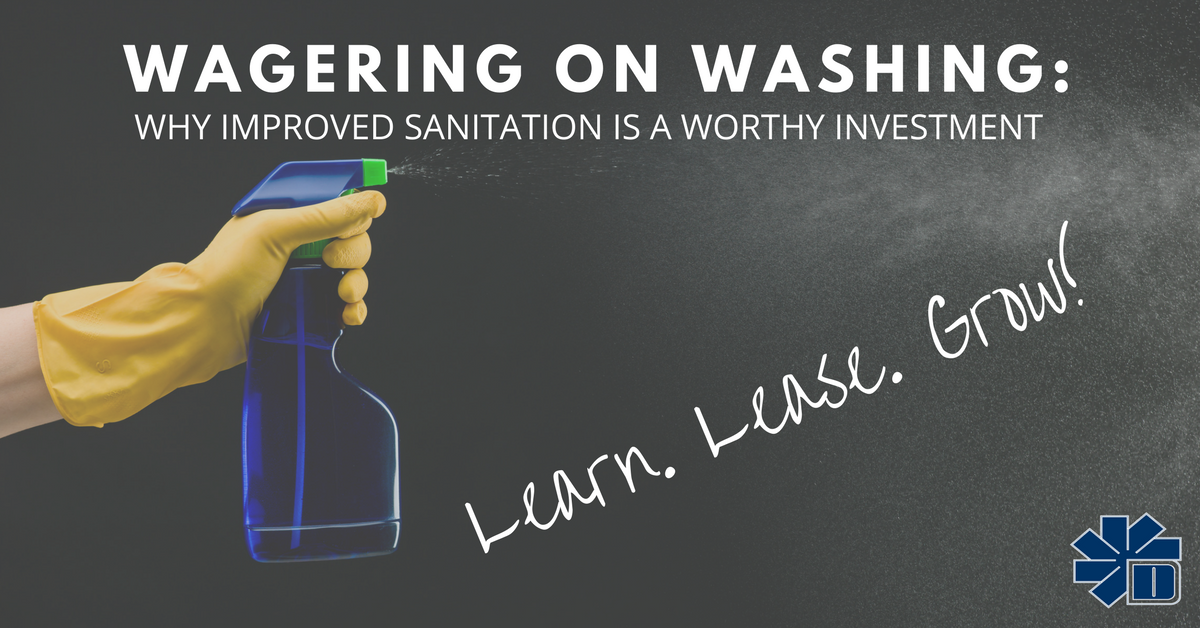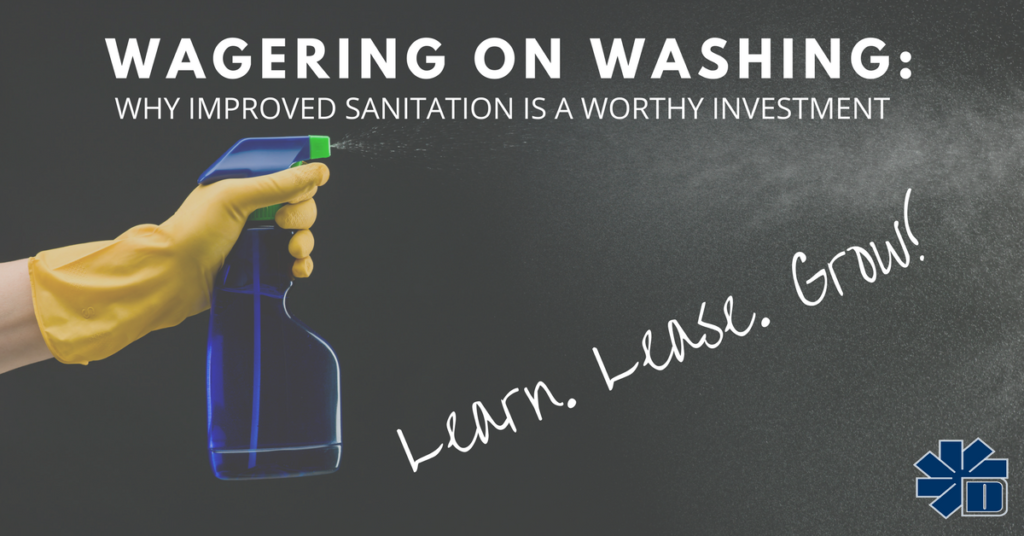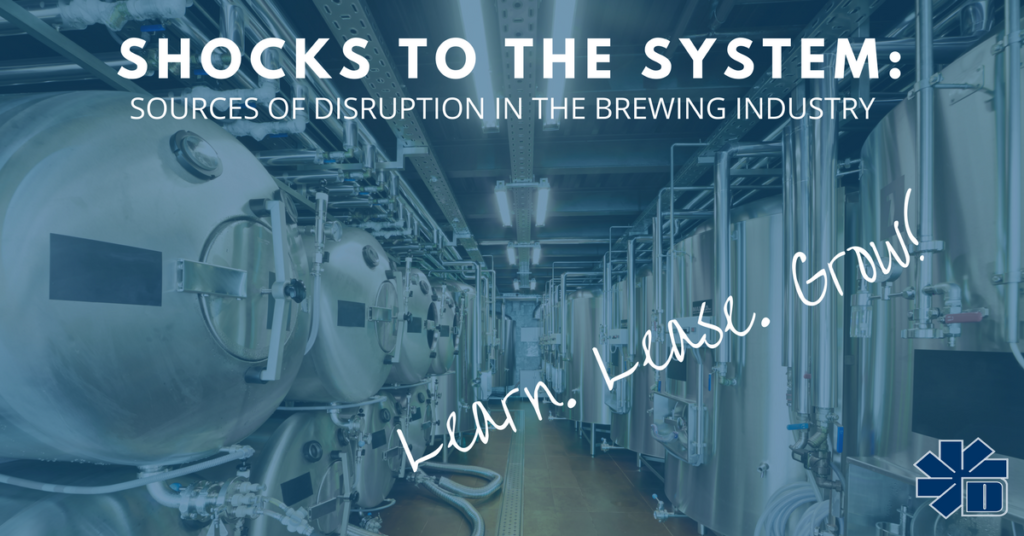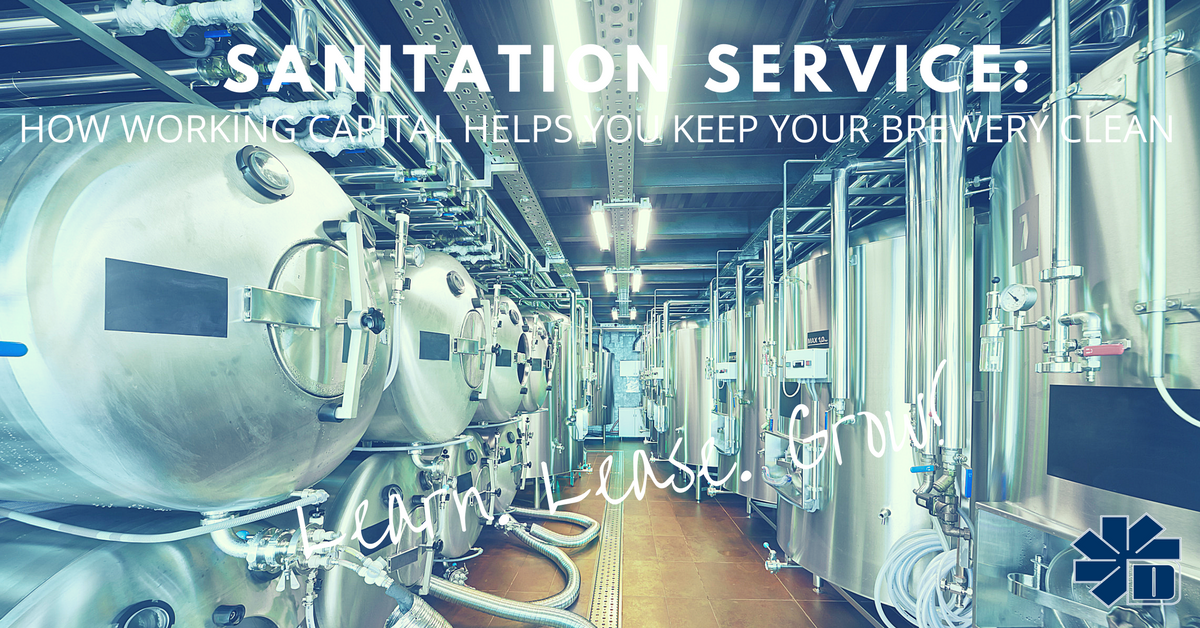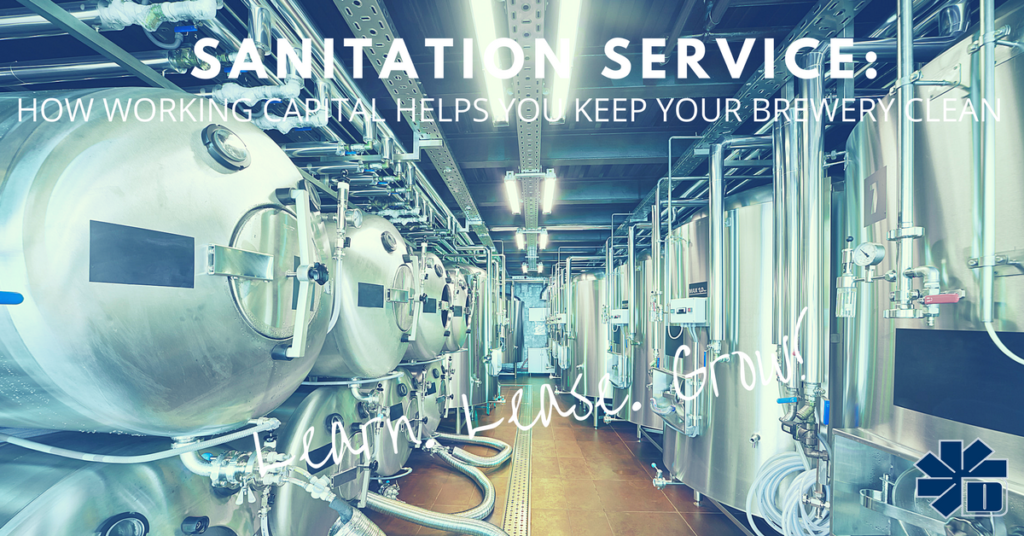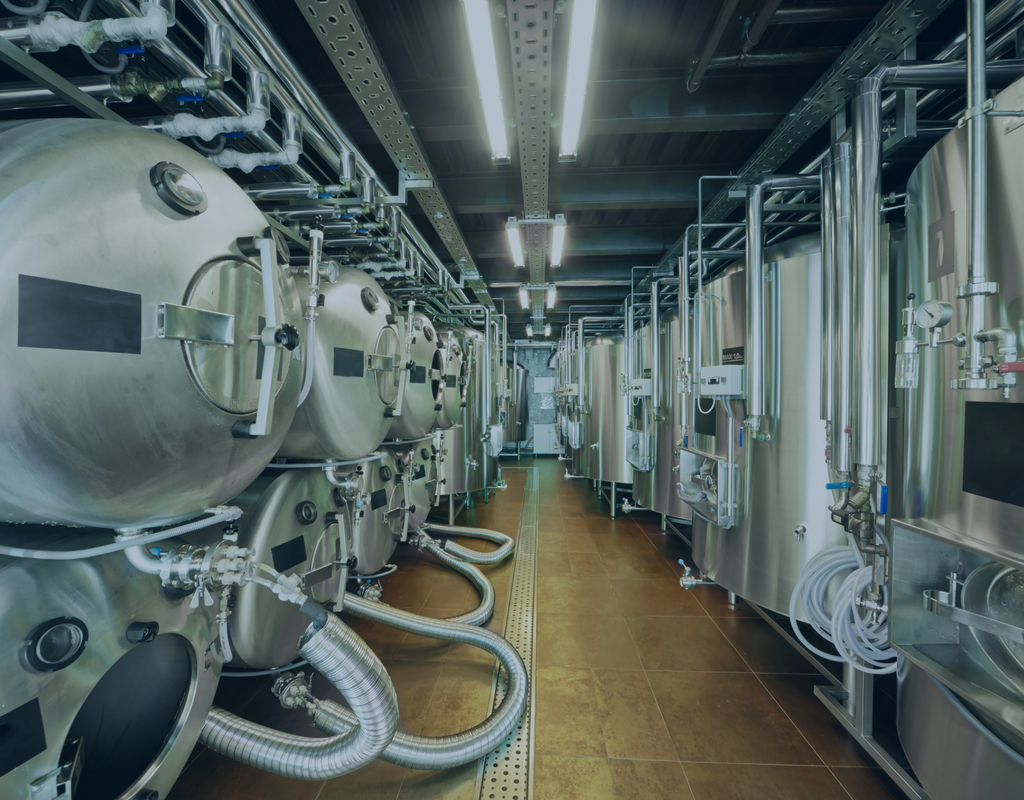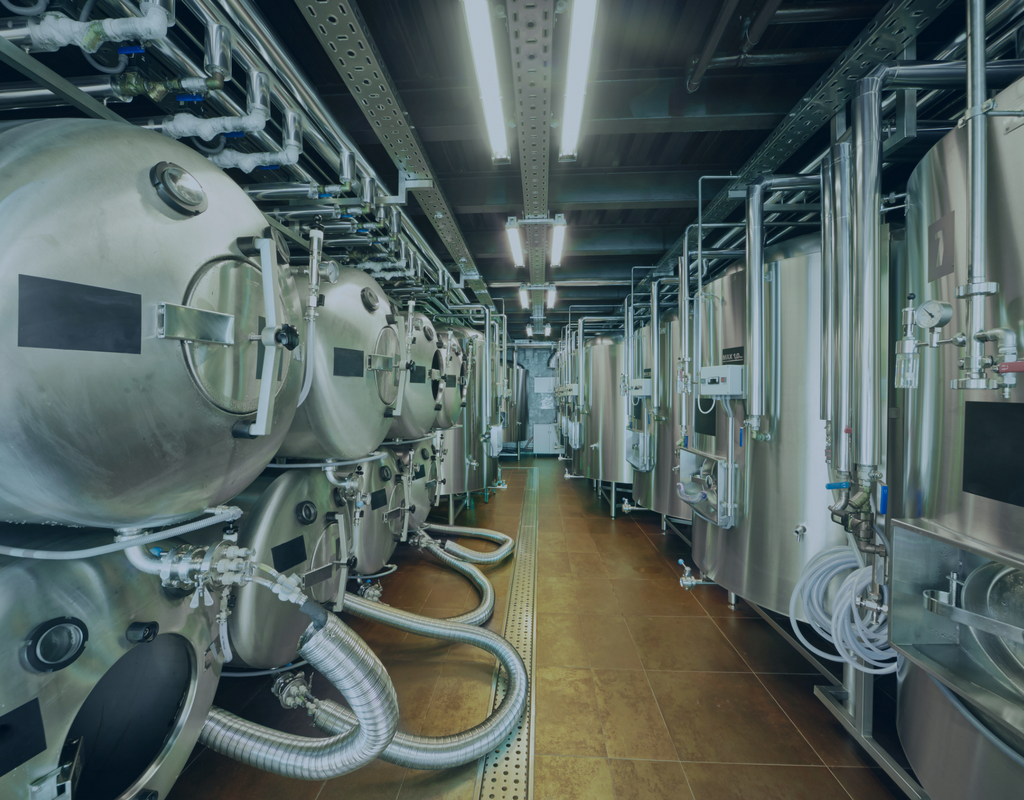Gauging The Growing Pains: The Hidden Costs Of Brewery Expansion

- March 29, 2018
- 12:00 pm
- Brewery, Brewery Equipment, Equipment, Working Capital
As a brewer with a passion for your product, the last thing you want to do is stand still. If you make beers that people love, you everyone to have a chance to enjoy them. There’s no doubt, then, that you’ll expand your sales at the first opportunity. But before you do, you should be aware of the costly challenges that brewers face as they grow larger, including:
Big League Branding
As a local brewer, you had automatic authenticity with your customer base. You understood their culture, cuisine, and drinking habits, and could thus cater directly to them. But as you expand into other markets, you’ll have to start selling to people you don’t know as well. It will thus be an uphill battle getting them to try your beers instead of sticking to their current favorites.
To build authenticity in a community you’re not part of, you will need to conduct comprehensive market research and build a tailored publicity campaign. This strategy is expensive and takes time, so make sure you have access to flexible, affordable working capital to pay for a campaign every time you expand into a new market.
A Cornucopia of Codes
Brewers are subject to a host of health and environmental regulations, and those regulations vary across local, state, and (especially) national lines. Thus the more you expand, the greater your likelihood of running into regulatory issues. Your best bet is to research all the laws and statutes every time you move into a new jurisdiction, and do everything you can to comply with them ahead of time. But this can be expensive, especially if you have to invest in new equipment. Thus make sure you have either the savings or the working capital to make costly investments upfront.
Climbing Capacity
Expanding your operations frequently requires adding production capacity, which means investing in expensive capital equipment. The problem with such investments is that you have to make them months before you achieve any sales in the new market. Consequently, you’ll need to raise a large supply of cash as soon as you make the decision to expand. Unless you have ample cash on hand, working capital is likely the best way to raise this money. Even if you do have cash on hand, you might still want to use working capital, as it will prevent you from tying up all your money in expensive equipment investments.
To learn more about working capital for brewers and countless other businesses, contact Dimension Funding today.
Recent Posts
- Bonus Depreciation is About to Phase Down to 80% in 2023 December 29, 2022
- Tax Benefits of Buying Equipment & Software Before December 31, 2022 December 8, 2022
- How the Inflation Reduction Act Impacts your Business and You and your Family August 16, 2022
- Recession? What Recession? July 27, 2022
- Dimension Funding Has Paperless Financing April 26, 2022


